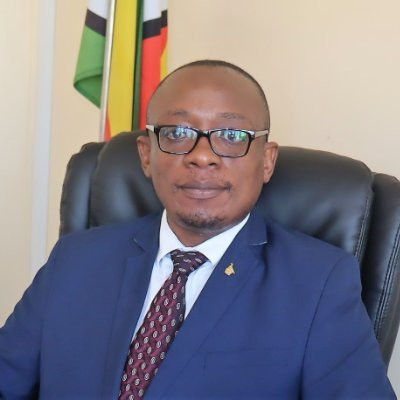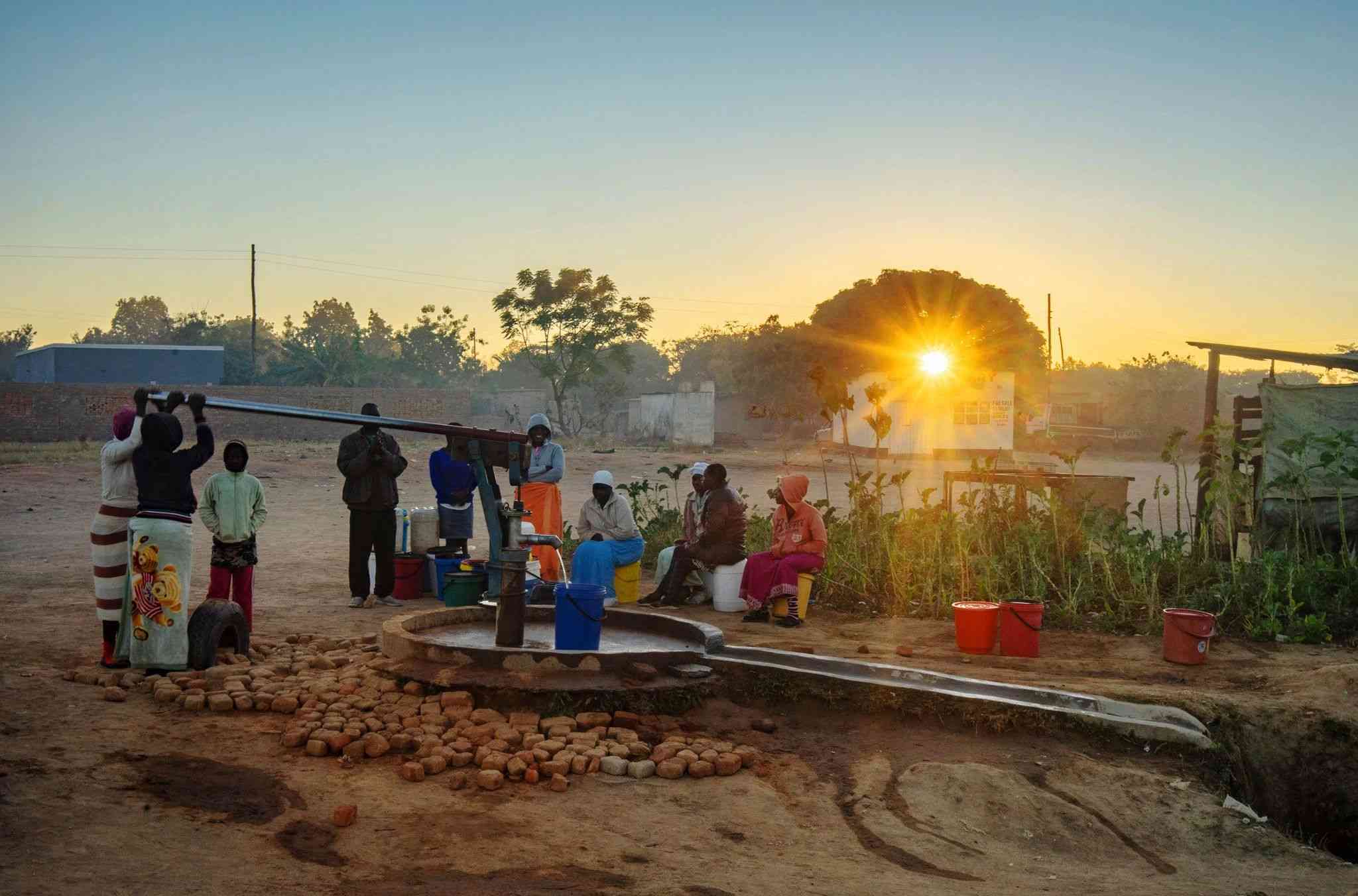
THE Zimbabwe Network of Early Childhood Development Actors (ZINECDA) has dissuaded dependence on donors, saying the country has adequate resources to fund its education sector.
This comes at a time when the Primary and Secondary Education ministry has indicated that there is a serious shortage of schools.
Speaking on the sidelines of the draft National Education Trust Fund Bill workshop on early childhood development education with the Parliamentary Portfolio Committee on Education early this week, ZINECDA programmes co-ordinator Kudzayi Kosa said locally-funded education was the best way forward.
“We are hoping that education is financed within our country. Domestic mobilisation of resources to education relies less on donor funding. The resources we have in our country can finance our education. It could be from our minerals, it could be from tourism, it could be from any of the earnings we get as a country,” she said.
Kosa said the education sector could also be funded from taxes.
Primary and Secondary Education spokesperson Taungana Ndoro said the ministry was looking forward to more help from stakeholders.
“On the draft Bill, we are very pleased. It is coming to the fore because it talks more about financing the Zimbabwe Education Trust Fund, which means it’s a fund which will help the ministry in terms of funding and financing,” he said.
“You are well aware that as a ministry, we have a deficit of upwards of 2 000 schools. We would like to construct more schools.
- Mayhem as schools reject Zimdollar fees
- Govt pleased with teacher turnout, but ...
- Govt warns schools turning away learners
- Teachers’ strike in bumpy start
Keep Reading
“We would like to rehabilitate existing schools. We would like to ensure that our pupils do not walk long distances to school.”
Ndoro, however, emphasised that the education sector was well-funded locally.
“The disbursement of budget allocation to our Ministry of Primary and Secondary Education makes us thankful to Treasury as we always receive the lion’s share,” he said.
“It is for a good cause to make sure each and every citizen receives quality, relevant, exclusive and equitable education throughout Zimbabwe as we envisage becoming a prosperous middle-income economy by the year 2030.”
Government has since admitted failure to fund education, exposing its earlier free education pledge as a fallacy.
In January last year, former Primary and Secondary Education minister Evelyn Ndlovu and her secretary Tumisang Thabela appealed for financial assistance from donors and well-wishers to resolve the crisis bedevilling the education sector.
They said there was a need for deliberate investment in education infrastructure, especially in light of a growing population and emerging settlements across the country.







